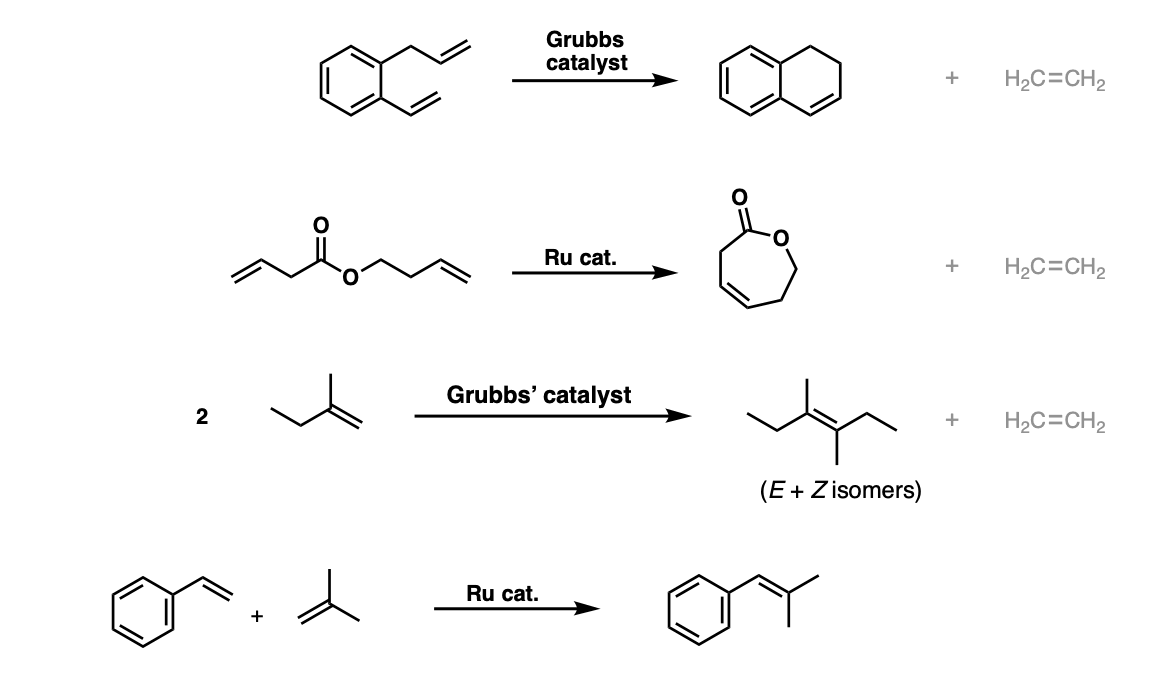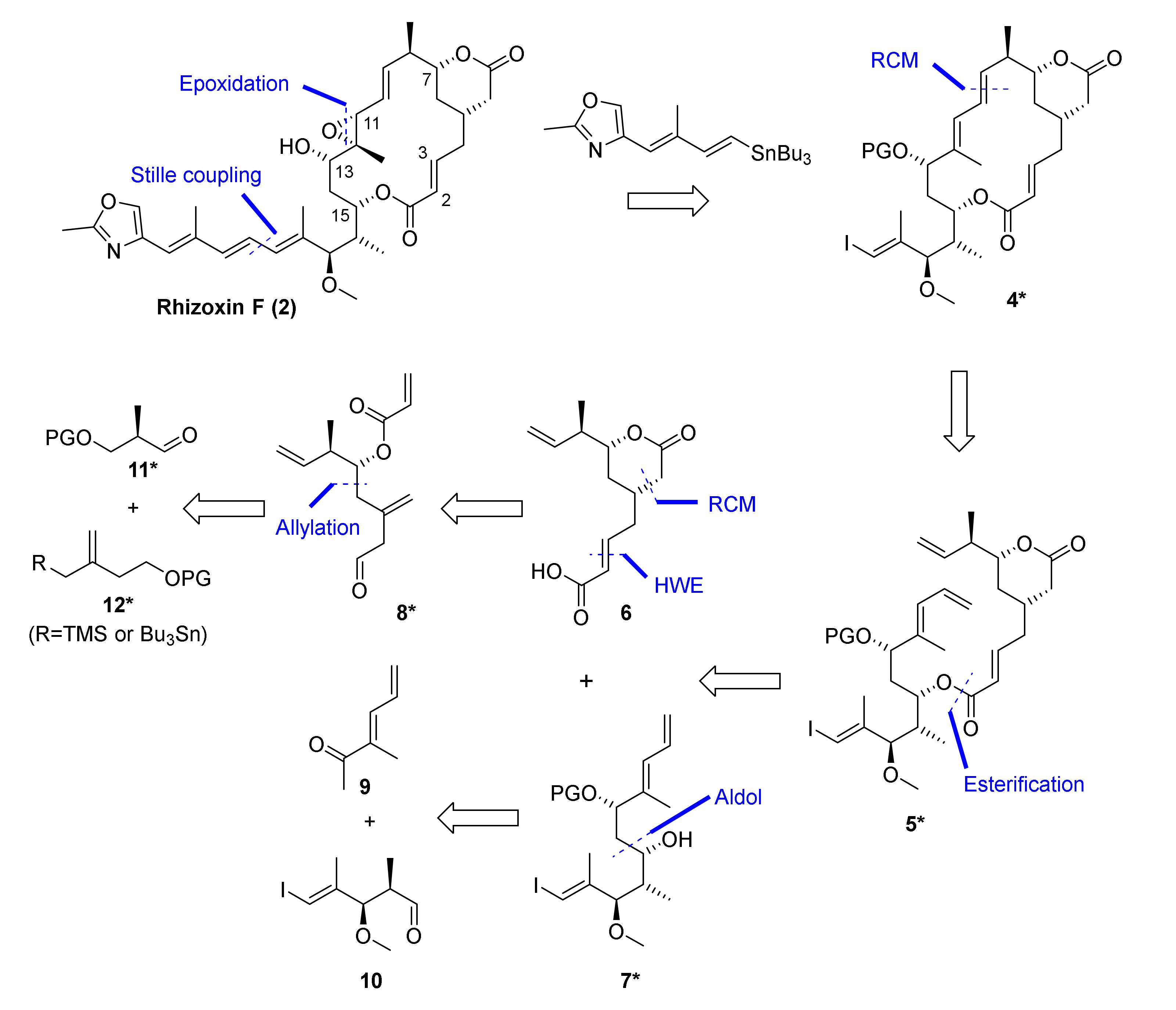Ring Closing Metathesis: A Powerful Tool for Molecular Synthesis

Ring Closing Metathesis (RCM) has emerged as a transformative technique in organic chemistry, offering a streamlined approach to synthesizing cyclic compounds. By leveraging the power of transition metal catalysts, RCM enables the formation of carbon-carbon double bonds, facilitating the creation of complex molecular structures with remarkable efficiency. This method has become a cornerstone in drug discovery, material science, and natural product synthesis, making it a vital tool for researchers and chemists alike. Whether you're exploring molecular synthesis techniques, organic chemistry advancements, or cyclization reactions, understanding RCM is essential for staying ahead in the field.
What is Ring Closing Metathesis?

Ring Closing Metathesis is a catalytic process that involves the rearrangement of a diene to form a cyclic alkene. This reaction is driven by a ruthenium or tungsten-based catalyst, which facilitates the breaking and reforming of carbon-carbon double bonds. The result is a highly efficient and selective pathway for creating rings of varying sizes, from small to macrocyclic structures. RCM’s versatility makes it ideal for applications in pharmaceutical synthesis, polymer chemistry, and natural product isolation.
Key Advantages of RCM

RCM stands out for its numerous benefits in molecular synthesis:
- High Efficiency: RCM often proceeds with high yields, reducing the need for extensive purification steps.
- Mild Conditions: The reaction typically occurs under mild conditions, preserving sensitive functional groups.
- Versatility: It can be applied to a wide range of substrates, including alkenes with diverse substitution patterns.
- Scalability: RCM is scalable from lab-scale to industrial production, making it suitable for both research and commercial applications.
📌 Note: The choice of catalyst and reaction conditions significantly influences the outcome of RCM. Optimization is key to achieving desired results.
Applications of Ring Closing Metathesis

RCM’s impact spans multiple scientific disciplines. Here are some notable applications:
| Field | Application |
|---|---|
| Pharmaceuticals | Synthesis of drug candidates with complex ring structures. |
| Material Science | Creation of advanced polymers and cyclic materials. |
| Natural Products | Isolation and modification of bioactive compounds. |

How to Optimize RCM Reactions

To maximize the efficiency of RCM, consider the following factors:
- Catalyst Selection: Choose a catalyst tailored to your substrate and desired ring size.
- Reaction Conditions: Adjust temperature, solvent, and concentration for optimal results.
- Substrate Design: Ensure the diene substrate is pre-organized to favor ring closure.
📌 Note: Experimentation with different catalysts and conditions is often necessary to achieve the best outcomes.
Summary and Checklist

Ring Closing Metathesis is a powerful tool for molecular synthesis, offering efficiency, versatility, and broad applicability. To successfully implement RCM in your research or commercial projects, follow this checklist:
- Select the appropriate catalyst for your substrate.
- Optimize reaction conditions for maximum yield.
- Design substrates to favor ring closure.
- Scale up reactions as needed for industrial applications.
In summary, Ring Closing Metathesis is an indispensable technique in modern chemistry, enabling the synthesis of complex molecules with precision and efficiency. By mastering RCM, chemists can unlock new possibilities in drug discovery, material science, and beyond. Whether you're a researcher or industry professional, understanding and optimizing RCM will undoubtedly enhance your synthetic capabilities. Organic synthesis,cyclization reactions,molecular design.
What is Ring Closing Metathesis used for?
+
RCM is used for synthesizing cyclic compounds, particularly in pharmaceuticals, material science, and natural product isolation.
Which catalysts are commonly used in RCM?
+
Ruthenium and tungsten-based catalysts are commonly used in RCM reactions.
Can RCM be scaled up for industrial production?
+
Yes, RCM is scalable and widely used in both lab-scale and industrial settings.



